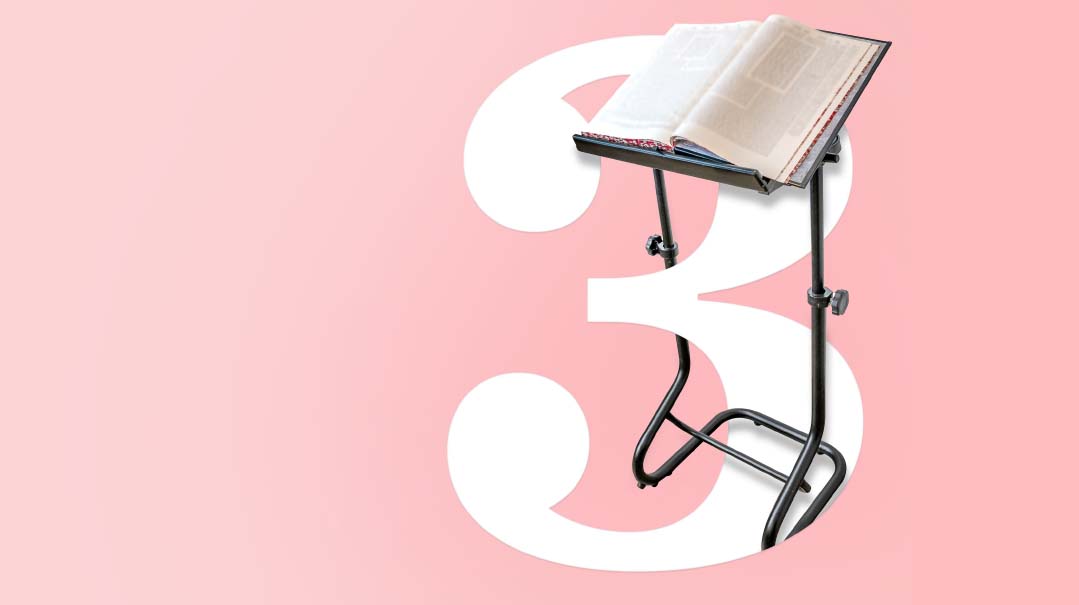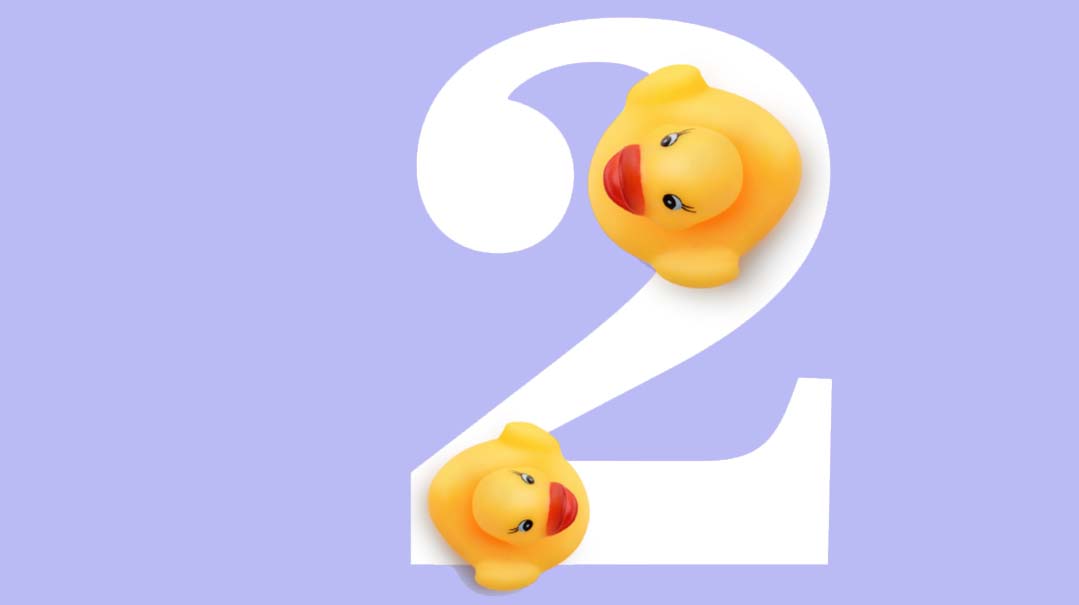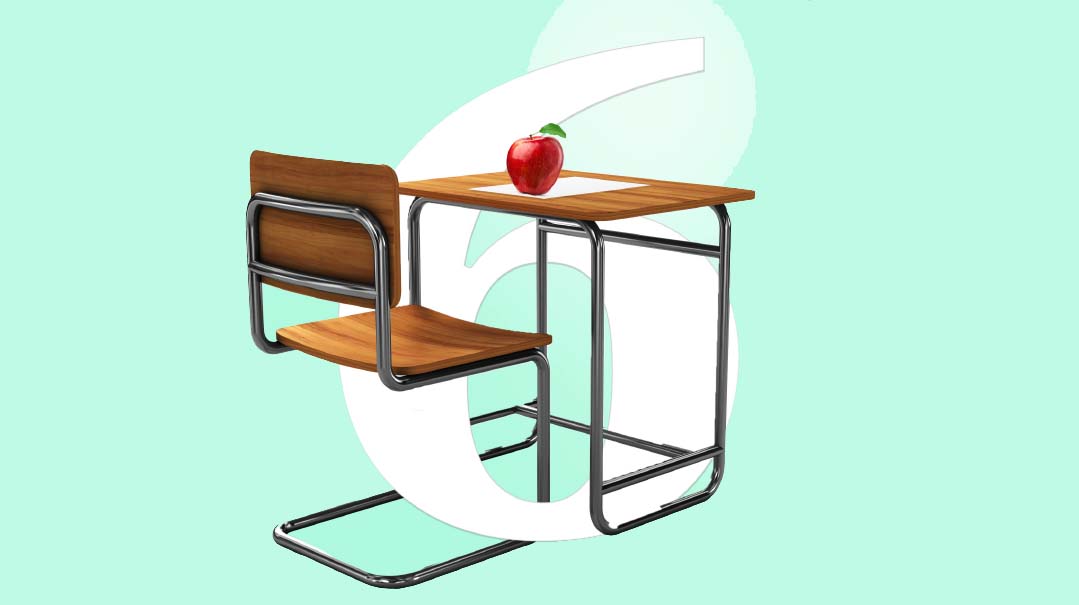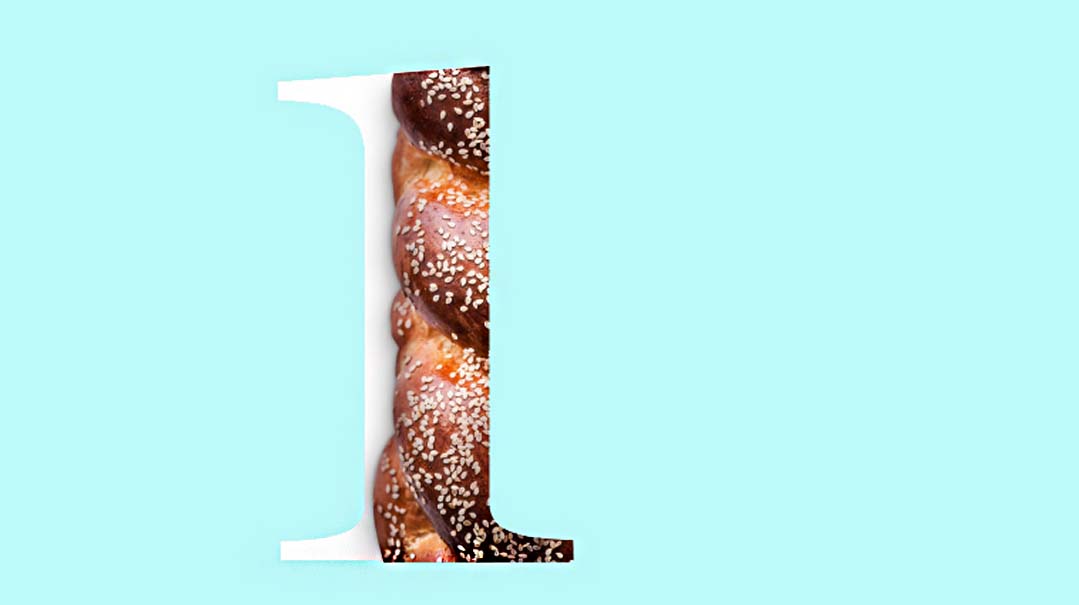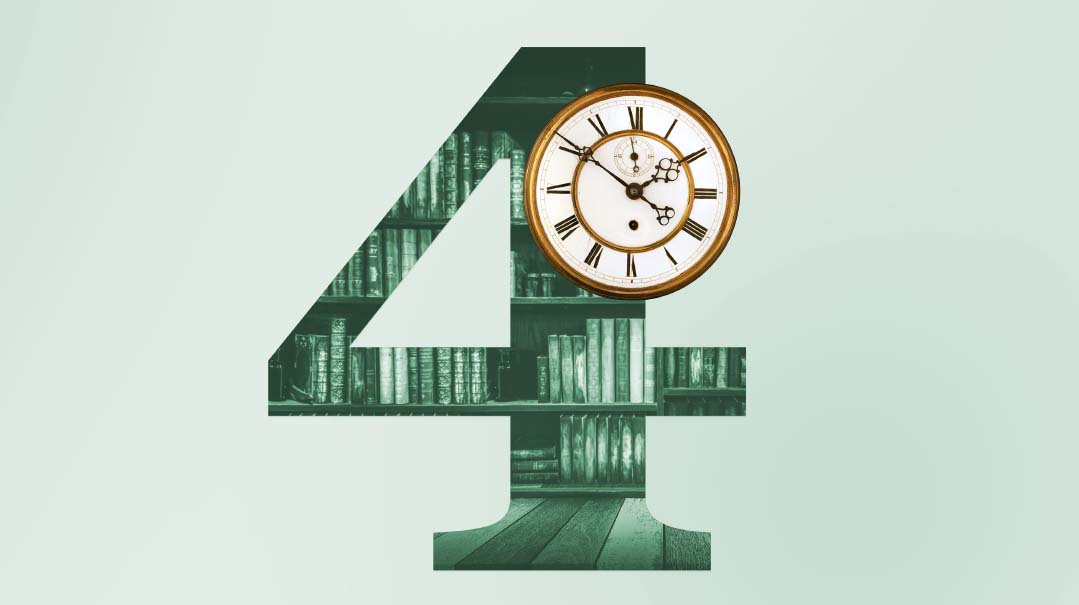Just For now

This was only meant to be a sabbatical but it’s become so much more
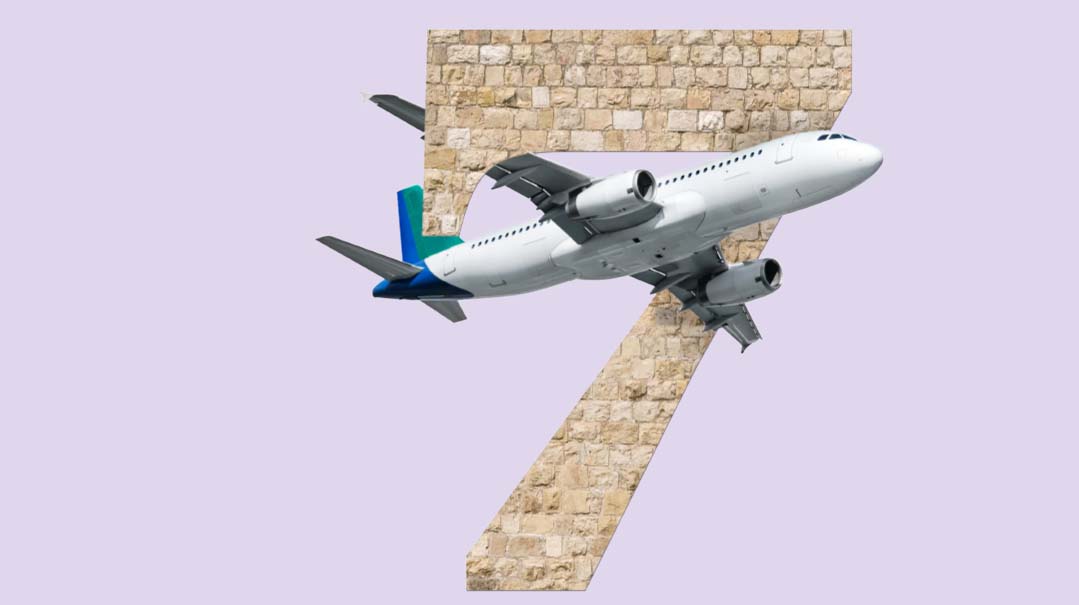
We came to Jerusalem on the blind.
We had to leave our apartment in England for a few months, and instead of moving temporarily to the next street or next block over, we decided to do something we’d long wanted to — go to Israel, live in Israel, see if it was something we could do longer term, maybe forever.
Our flight was at the beginning of the winter zeman and spirits were high; people who’d been stuck in the UK due to Covid regulations, yeshivah bochurim who were finally going back, and us with all the worldly possessions we’d need for the next who-knew-how-long. Everyone was masked, bogged down with paperwork, but when we touched down in Ben Gurion you could feel the joy in the clammy air of the plane, and I was clapping with the loudest of them — holding my daughter’s hand, heart in my shoes.
It’s late noon when the taxi drops us and our luggage off on a noisy, dusty street, outside a mammoth apartment building. We locate the apartment, open the windows, and when I step out onto the porch, the sun is at eye level. We stare at each other, the sun and I, until slowly she slips away over the horizon and everything is orange-yellow-pink and she takes my heart with her. And the next evening she does it again.
When I’m not drawn to the porch, we’re trying to get our bearings, unpack our stuff into this apartment we’ve sub-rented, get a pantry’s worth of groceries, settle our daughter in gan, go to the Kosel.
With the coming days we walk the streets and step over construction holes and learn how to navigate a stroller on bumpy sidewalks. I squint at the packaging in the gargantuan supermarket, trying to make out the words, calculate the prices using the shekel-pound exchange in my head. I am cooking and hosting and being hosted. We meet tens of relatives and old friends from way back. Everything is new but vaguely familiar, too, as though in the tale of Jerusalem you can open any page and be part of the story. But a metaphor doesn’t always carry you through. Nikneis b’yesurim, they say.
The city teems like a river and I am lost in the crowds. Mostly I’m happy-lost in this chattering, ever noisy, frum bustle. There are thousands of other chutznikim; I recognize some faces. But they know this terrain, the playground, they’ve started off their married life here, this is their normal.
And what is mine? I whisper into the stones of the Kosel. Who am I?
I am just a girl touching a dream. Playing with idealism. Exploring the Old City on balmy afternoons. But ramming into realism, because we are here in this land on borrowed time. The couple whose apartment we’ve rented are returning in six weeks. Where to after this?
We get in touch with real-estate agents and explore all sorts of options. The city is achingly beautiful, but we are bogged down by numbers and decisions — and how can we even make a decision on a rental without much of a frame of reference for the time we’re committing to?
Because in our heads we need to head back when these months are up, but in our hearts, we know we’ve made an opening just by coming, by stepping this far out of our comfort zone — and once you open a door, even if just a crack, there’s no knowing how far it’ll swing open, what shining, beckoning corridor lies beyond it.
A friend tells me about a shiur she’s attending. The sessions are built around the participants, our issues are the curriculum and this wise, wise rebbetzin-facilitator sits at the head of the table. My head is all over the place, because we must give up our apartment in two days and we’ve yet to sign on another place. At the shiur we talk about trust, about Hashem leading you a certain way, about letting go of the pictures in our mind, the expectations, the exact details of the way we planned things out, because they are like pesel u’temunah, the avodah zarah of graven images — that’s the rebbetzin’s interpretation.
On the way back I walk a mile uphill and the angst is gone, and we pick up a phone and sign on the next place.
We unpack again into an apartment that was not my “picture.” It’s slightly out of the area where all our relatives live, the neighbors are not quite our crowd. Still, there’s a gorgeous tenth-floor view and the city lies spangled before us. Here we have not only stone and winking windows, but the green of Gan Sacher close by. The next day, I hit the park in my trainers and follow the winding trails, and the sky is clear and warm and no one is looking at me strangely because I’m wearing a tichel. This is a land of Jews, no pointing or sniggering, these are our people.
I can touch the idealism, the reasons people come and stay, and I just want to walk these sun-kissed paths of our history forever.
On Chanukah, we stand in front of a hastily-purchased glass menorah (our silver one’s in England, along with everything else I hadn’t realized we’d need) and my husband sings Shehecheyanu. You have brought us here, to this time, to this place… our own little miracle of being here in Jerusalem when Israel has “closed the skies,” of being here in Jerusalem, period.
In the distance the String Bridge flashes Chanukah images, spells out “chag sameach.” The nights flame into each other and somehow there are eight lights winking at me against the backdrop of stone and sky, and I blink and tear and wonder where we’ll be next Chanukah.
We befriend the rabbi and rabbanit upstairs who are waiting to return to their yeshivah in Panama. They invite us often for Shabbos, my daughter adores their kids, the rabbi is a fountlet of stories, and they love our zemiros. This is in that building.
I slowly find friends — another English-speaking mother on the park bench, a new olah who proves to be a soul sister. I didn’t want to be here on the “edge” of things, but maybe He’s led me here to find these people I’m connecting with. That’s what my rebbetzin tells me at the group shiurim that I attend week after week. Let Him lead you, agree to the process, enjoy it.
But the skies are opening, and we need to move again.
I sit amid the suitcases and bags in our third place and I don’t know whether to laugh or cry. We are still here, but still not sure if we can stay much longer. This was only meant to be a sabbatical, but it’s become so much more. We want to stay, yearn to settle — instead it’s just before Purim and again we’re in another place, with more unpacking, more systems to learn. I wake up in the new home and I should be in a tizzy, but the sun spills through the huge windows and just for now it’s all good.
Metaphors abound. “You’ll come to England and it’ll be like stepping back into old slippers,” a friend says. Comfortable, yes, but maybe it’s time for new slippers?
Another one really gets me: “England is like oatmeal for you, staid, settled, normal; Jerusalem is like candy floss.” You can’t live on candy floss, but someone like me can’t live on oatmeal either.
We stay for Pesach. We buy dishes and convert the kitchen and cook up a storm, and right there in our rented kitchen we make our own beautiful Pesach.
And a few weeks later we leave our dishes and the toys and our menorah in our grandmother’s machsan. Our time is up.
A flurry of goodbyes, a bouquet of roses for the world’s best gannenet, and for now, just for now, after seven months of wonder, head reasons over heart. It’s just not the right time to stay.
I fall into my seat on the plane and the beast rises into the sky and below me the Mediterranean is teething onto the shore, and I feel… nothing. I remember the woman who cheered and whooped when the flight arrived the other way around. For now, I’m just numb.
We had seven months, and they were so beautiful and bright despite everything. I’ve met a rebbetzin whose mehalech I deeply connect with, I’ve made close friends, Jerusalem tugs at my heart. I’ve learned that idealism is many colors and it’s not always pink. We wing our way back but I know that those seven months are the very beginning of the story; seven is nature, and we’d glimpsed and lived the beyond. We’ll yet be back.
Rivka Streicher is a wife, mother and language arts teacher, as well as a frequent contributor to Mishpacha magazine
(Originally featured in Mishpacha, Issue 887)
Oops! We could not locate your form.
